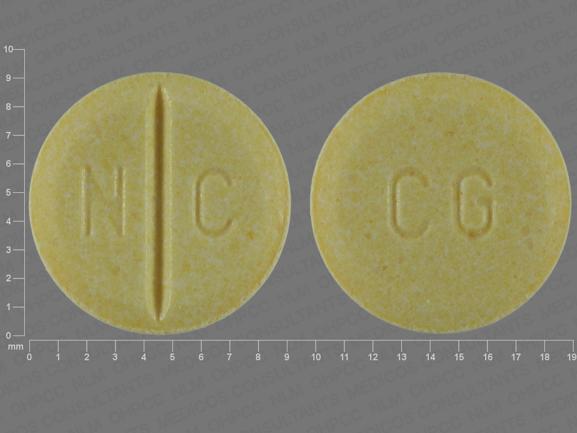Coartem Disease Interactions
There are 2 disease interactions with Coartem (artemether / lumefantrine).
Antimalarial agents (applies to Coartem) QT prolongation
Major Potential Hazard, Moderate plausibility. Applicable conditions: Magnesium Imbalance, Hypokalemia, Arrhythmias, Hypokalemia, Arrhythmias, Magnesium Imbalance
The use of certain antimalarial agents is contraindicated in patients with known prolongation of QT interval as these patients can develop fatal arrhythmias. These drugs should also be avoided in patients with clinical conditions known to prolong the QT interval, such as uncorrected hypokalemia or hypomagnesemia, bradycardia, and certain other cardiac conditions. Caution is advised in patients taking other medications that can prolong the QT interval.
Antimalarials- hepatic/renal impairment
Moderate Potential Hazard, Moderate plausibility. Applicable conditions: Renal Dysfunction, Liver Disease, Renal Dysfunction, Liver Disease
The pharmacokinetics of the antimalarial drugs artemether and lumefantrine have not been studied in patients with either hepatic or renal impairment. Additionally, the efficacy and safety of the drugs has not been studied in patients with severe hepatic and/or renal impairment. No dose adjustment is recommended for patients with renal impairment as there is no or insignificant renal excretion of lumefantrine, artemether and dihydroartemisinin (DHA), an active antimalarial metabolite of artemether. No dosage adjustment is necessary in patients with mild to moderate hepatic impairment. Caution should be exercised when administering lumefantrine and artemether to patients with severe hepatic or renal impairment. Close monitoring is recommended.
Switch to professional interaction data
Coartem drug interactions
There are 384 drug interactions with Coartem (artemether / lumefantrine).
Coartem alcohol/food interactions
There is 1 alcohol/food interaction with Coartem (artemether / lumefantrine).
More about Coartem (artemether / lumefantrine)
- Coartem consumer information
- Check interactions
- Compare alternatives
- Pricing & coupons
- Reviews (7)
- Drug images
- Side effects
- Dosage information
- During pregnancy
- FDA approval history
- Drug class: antimalarial combinations
- En español
Related treatment guides
Drug Interaction Classification
| Highly clinically significant. Avoid combinations; the risk of the interaction outweighs the benefit. | |
| Moderately clinically significant. Usually avoid combinations; use it only under special circumstances. | |
| Minimally clinically significant. Minimize risk; assess risk and consider an alternative drug, take steps to circumvent the interaction risk and/or institute a monitoring plan. | |
| No interaction information available. |
Further information
Always consult your healthcare provider to ensure the information displayed on this page applies to your personal circumstances.


